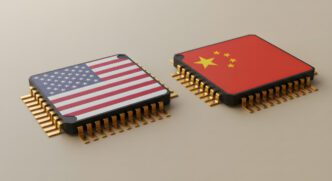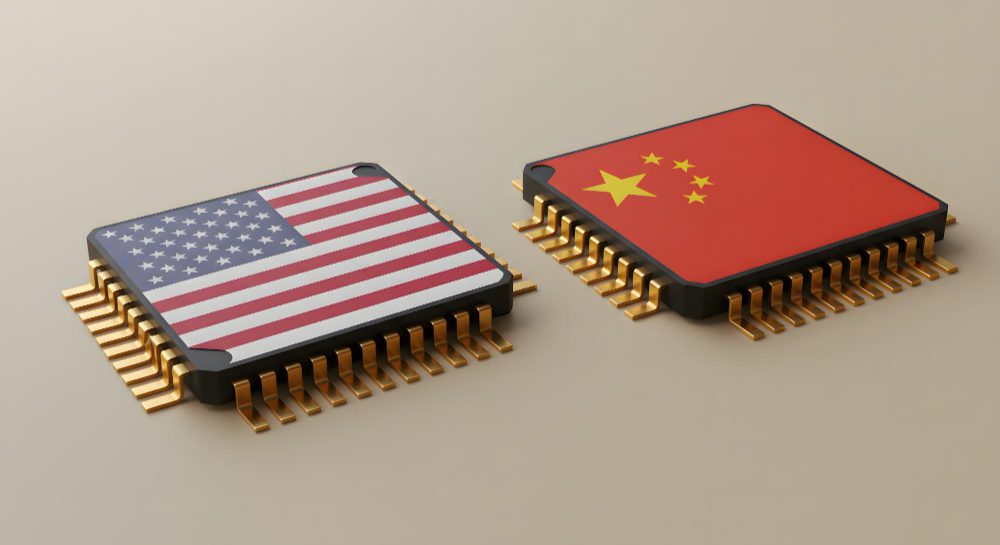Executive Summary
The Story So Far
Why This Matters
Who Thinks What?
China’s internet regulator, the Cyberspace Administration of China (CAC), has reportedly instructed leading domestic technology firms, including ByteDance and Alibaba, to cease purchasing Nvidia’s artificial intelligence chips and cancel existing orders. This directive, reported by The Financial Times on Wednesday, marks an escalation in Beijing’s efforts to reduce its reliance on U.S. technology amidst ongoing trade tensions. The news led to Nvidia’s shares declining by 1% in premarket trading.
Escalating Technology Tensions
The order specifically targets Nvidia’s RTX Pro 6000D, a newer AI chip tailored for the Chinese market. This move comes just days after China accused Nvidia of violating its anti-monopoly law, signaling another flare-up in the broader technology rivalry with Washington. The CAC’s directive is considered a more stringent measure compared to earlier guidance concerning previous versions of Nvidia’s China-specific AI chips.
Market Reception and Prior Orders
Despite being developed for the Chinese market, the RTX6000D had reportedly experienced lukewarm demand, with several major tech firms initially hesitant to place orders. However, some companies had started testing the RTX Pro 6000D and indicated plans to order tens of thousands of units before the CAC issued its definitive order to halt purchases.
Strategic Implications
This latest action by Chinese regulators underscores Beijing’s strategic imperative to foster indigenous technological capabilities and minimize dependence on foreign suppliers, particularly from the United States. The directive not only impacts Nvidia’s market access in China but also highlights the complex and evolving landscape of global technology trade and competition.








